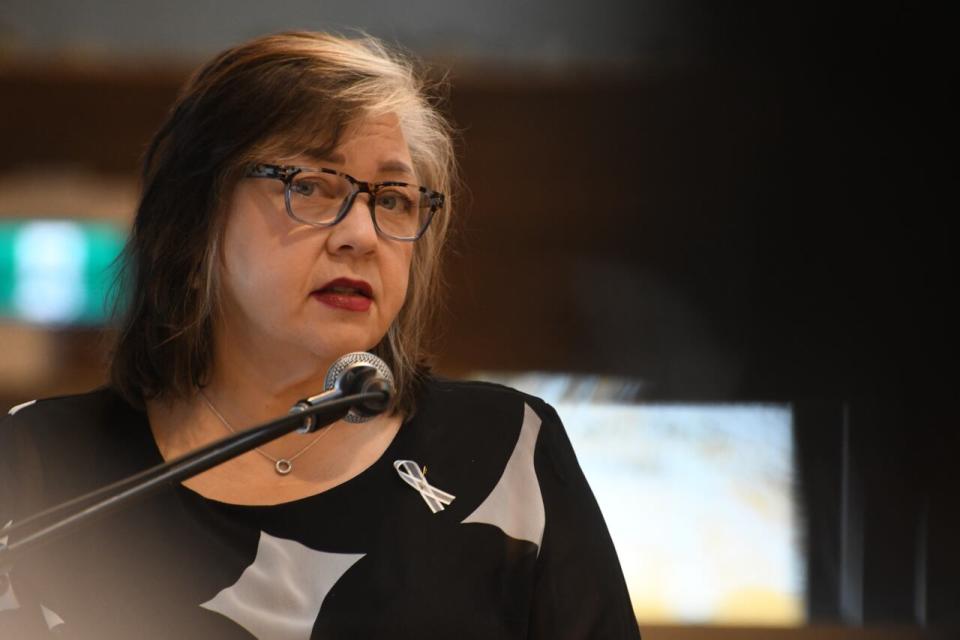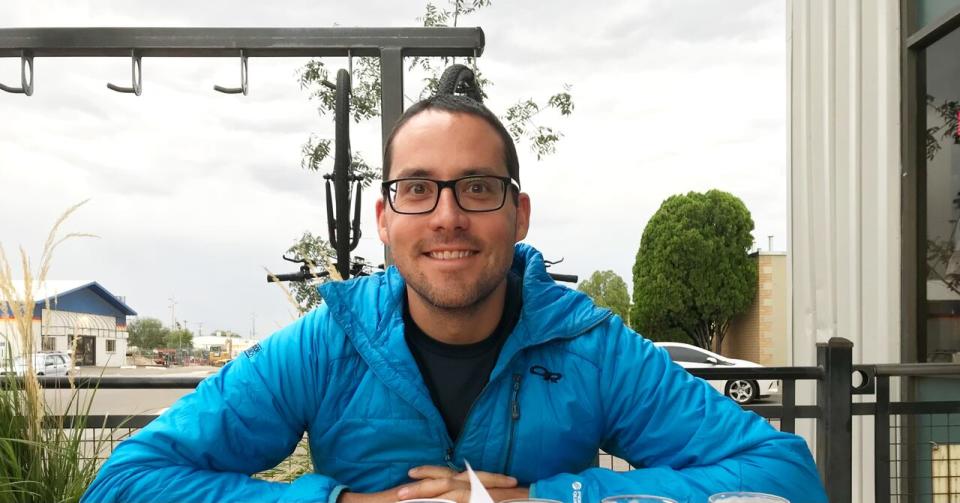Survey shows just seven percent of Yukon doctors feel supported by government

Just seven percent of Yukon doctors feel supported and valued by the current government, according to a survey by the Yukon Medical Association.
Nearly half of those surveyed plan to work less, move away or retire within five years.
In late January, Yukon Medical Association commissioned a report ahead of negotiations with the Yukon government for a three-year contract.
Of its members, 62 per cent — 74 doctors in total — responded, including people working across the territory, in family practices and hospitals, specialist areas and government clinics.
It published the results last month.
Forty-one per cent of doctors with family practices said they planned to close their practice in the next five years.
More than half said their practice was currently "at risk" due to the level of burnout they were experiencing.
The findings were the subject of debate in the Yukon Legislature last week.
The Yukon Party's health critic Brad Cathers urged Health Minister Tracy-Anne McPhee to acknowledge that "the system is in crisis".
"This is a damning indictment of the Liberals' neglect of health care, the repeated failure to pay doctors on time, and the almost complete lack of confidence doctors have in this government," he said.
McPhee retorted that the government was working with doctors to fix the problem.
She said it had budgeted $2.8 million for a new health-care hiring strategy, created in collaboration with "all sectors of health-care professionals."
With the passing of the Health Authority Act on Monday, the Yukon government has also taken the first step to create a health authority in the territory to carry out front-line care.
"I think that the relationship that we have worked to build with the Yukon Hospital Corporation, with the Yukon Medical Association, and with individual practitioners — the support that we have brought to them through a new and enhanced, innovative MOU, the work that we continue to do with them ... is a far better approach than anything the member opposite ever did as minister of health," McPhee said.
"A healthy and strong community of primary health-care providers is absolutely critical to ensuring Yukoners have access to excellent primary health-care services."

Tracy-Anne McPhee says says the government is working with doctors to fix the problem. 'A healthy and strong community of primary health-care providers is absolutely critical to ensuring Yukoners have access to excellent primary health-care services.' (Jackie Hong/CBC)
Yukon Medical Association President Dr. Alex Kmet said the outlook for health care in the Yukon wasn't necessarily different from other jurisdictions.
Kmet said Doctors Manitoba, in an Oct. 30th press release, said that 51 per cent of Manitoba doctors were planning to retire, reduce their workload, or leave the province.
However, he said, the size of the Yukon's population makes it easier to fix the problems.
"It takes small numbers to make big changes for lots of people. Whereas other jurisdictions may be more cumbersome, we do have the opportunity to leverage the fact that we're small ... and pivot more quickly to address these challenges."

Dr. Alexander Kmet is the president of the Yukon Medical Association. He says other provinces are experiencing similar health-care challenges to the Yukon. But he says the territory has the opportunity to leverage its small size 'and pivot more quickly to address these challenges.' (Colleen Kovach)
Kmet said the survey showed a clear desire among doctors for fewer administrative burdens.
"I mean, if you're a family doctor who is seeing increasing wait times for your patients being referred to specialists, if you're a specialist whose waitlist is growing, if you're a surgeon whose operating room day gets cancelled at 8:45 in the morning ... you need to have the system be able to make sure the patient can get the care that they need, when they need it," he said.
"The more that doctors aren't able to either directly influence an outcome for a patient, the more that they're not able to effectively advocate, the more time they spend in the space worrying that bad things are going to happen to their patients."
It also might be time to shift away from the traditional fee-for-service model, he said.


